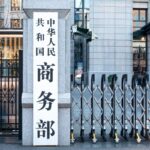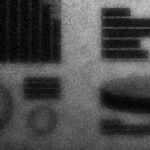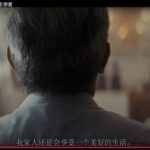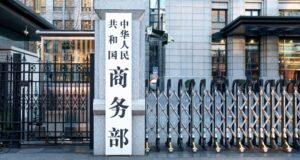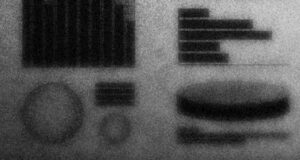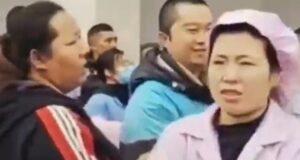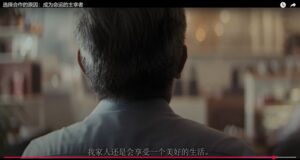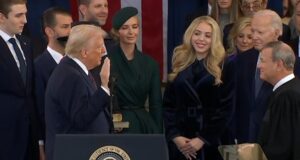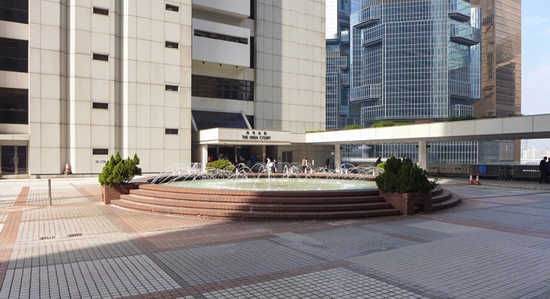
A writer for the Xinhua News Agency, “founded in 1931 as the press outlet of the Chinese Communist Party,” believes that only now are mainland Chinese starting to walk around and snap pictures when they visit Hong Kong; or, at any rate, that indulgence in this sort of thing is intensifying to such a degree that it has become a “growing trend.”
This seemingly simple act of “daka”—the Chinese term for “checking in” at popular locations—reflects a growing trend among mainland tourists. As Hong Kong welcomes a wave of visitors during the golden week, a noticeable shift in tourist preferences has emerged. Once focused on shopping, mainland tourists are now drawn to a trio of new pursuits: snapping photos at iconic landmarks, exploring art exhibitions, and embarking on urban walks to soak in the city’s unique atmosphere….
Zheng Lin, a travel enthusiast from east China’s coastal city of Qingdao, embraced this approach during her four-day visit. Starting from the revitalized Tai Kwun complex, she wandered through the historic yet tech-savvy Central Market, picking up vintage cameras, vinyl records, canvas bags and street scene posters along the way.
“I could sit here all afternoon,” she muses, sitting with a coffee in the market’s atrium, “watching the world go by as the old clock on the wall seems to turn back time.”
Well, it’s just wonderful. Shopping and soaking up the pristine untouched inviting glorious atmosphere of Hong Kong.
One of the touristy things happening as an October breeze “whispers through Hong Kong’s streets” is a “distinct scene” unfolding in front of the High Court building. Which, in addition to whatever is going on inside the building, has an architectural design and, in front of a main entrance, a tiled plaza layout, not excluding a fountain with manicured bushes. This is quite a crisp and majestic setting for the meting out of justice.
The “distinct scene” that unfolded before the very eyes of the Xinhua chronicler involved “Chinese mainland tourists [who] contorted into various poses, with smartphones ready, determined to capture the perfect shot with the imposing ‘High Court’ characters looming in the background.”
The only thing that might disturb the serene perfection of this tranquil, happy-go-lucky idyll is recollection of the type of thing that the Hong Kong judicial system, including the High Court, has been up to lately, like convicting Hongkongers for the crime of organizing primaries as if the forms of democracy in Hong Kong were still real.
On May 30 [2024] Hong Kong’s High Court handed down a landmark judgment convicting 14 prominent pro-democracy politicians of “conspiracy to commit subversion”, contrary to the Beijing-imposed National Security Law of 2020. The accused had organised unofficial primaries to select a common list of pro-democracy candidates for the elections to the Legislative Council….
Intimidated or convinced by the darkening political mood, many judges [in Hong Kong] have lost sight of their traditional role as defenders of the liberty of the subject, even when the law allows it. There are guarantees of freedom of speech and assembly in both the Basic Law and the National Security Law, but only lip service is ever paid to them. The least sign of dissent is treated as a call for revolution. Hefty jail sentences are dished out to people publishing “disloyal” cartoon books for children, or singing pro-democracy songs, or organising silent vigils for the victims of Tiananmen Square.
“The rule of law in Hong Kong is in grave danger,” concludes Jonathan Sumption, “a former overseas judge of the Court of Final Appeal.” Like the rest of Hong Kong’s judicial system, the High Court has been collapsing into irrelevance. However, the building and the plaza are very nice.
